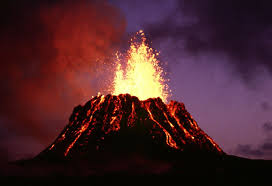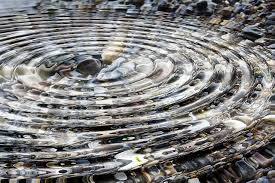What makes children angry?
What happened
It helps to take a step back and think about what makes children angry. Here is a partial list of things children may get upset about:
- Not getting their own way
- Having to share and not wanting to
- When they are told “no”
- Being told to do something they don’t want to do
- Not having enough time to play
- Having to do chores or homework
- Sibling rivalry and jealousy
Underlying issues
You can also think about the underlying issues or less obvious things that make kids angry, like:
- Being overly tired, hungry, or stimulated
- Having unmet needs (for example, needing your attention or needing some quiet time)
- Being stressed
- Having unmet expectations (for example, your child expected you to come in to say goodnight, and you forgot to do so)
- Having unrealistic expectations (for example, your child may have expected to get everything he had put on his wish list for his birthday, and he only got a few of the items)
How do children show their anger?
Children express anger in many different ways, depending in part on their temperament. Sometimes your children’s expression of anger is more obvious and sometimes it is less clear.
- A highly active child may kick, hit, or throw things.
- A very exuberant child may yell, scream, or tantrum.
- A quieter child appear to be sad, mopey, or want to be alone.
- Some may be uncooperative.
Depending on your temperament, some of the ways children show anger can be easier to handle, while others might be really unacceptable to you.
For example, if you are reserved, a highly exuberant child’s loud outburst may be more difficult to listen to or understand than if you were more demonstrative yourself.
Anger can build up just like a volcano. 
-
A “little angry” just makes children bubble, more anger makes them bubble more, but “a lot of anger” inside of them can make them erupt like a volcano, perhaps in some disrespectful ways.
-
Some children have a long fuse, and it takes a lot for them to explode in anger; for others, one small thing can set them off. For parents of these quick-to-react children, it can feel like they are always waiting for that volcano to explode.
What is the result of children’s anger?
 Anger often has a ripple effect, much like a stone being thrown into a pond. You can end up with your child in meltdown. As a result, those around him may feel the effects as the angry feelings are passed down the line.
Anger often has a ripple effect, much like a stone being thrown into a pond. You can end up with your child in meltdown. As a result, those around him may feel the effects as the angry feelings are passed down the line.
For example, did your child ever have a major temper tantrum? And then get over it and want you to give him a hug? But you now have strong emotions including anger and may not feel so loving at the moment. Those angry feelings may then get taken out on the child, on a sibling, or another person.
In the end, the effects can be widespread and quite damaging to relationships.
<previous next>
For more information about managing anger, check out the following books. Purchasing from Amazon.com through our website supports the work we do to help parents do the best job they can to raise their children.
<recommended books about anger
<recommended books about anger to read with children
<all our recommended parenting books
____________________________________________________________
<additional articles about Anger and Violence
<Library of Articles topic page




